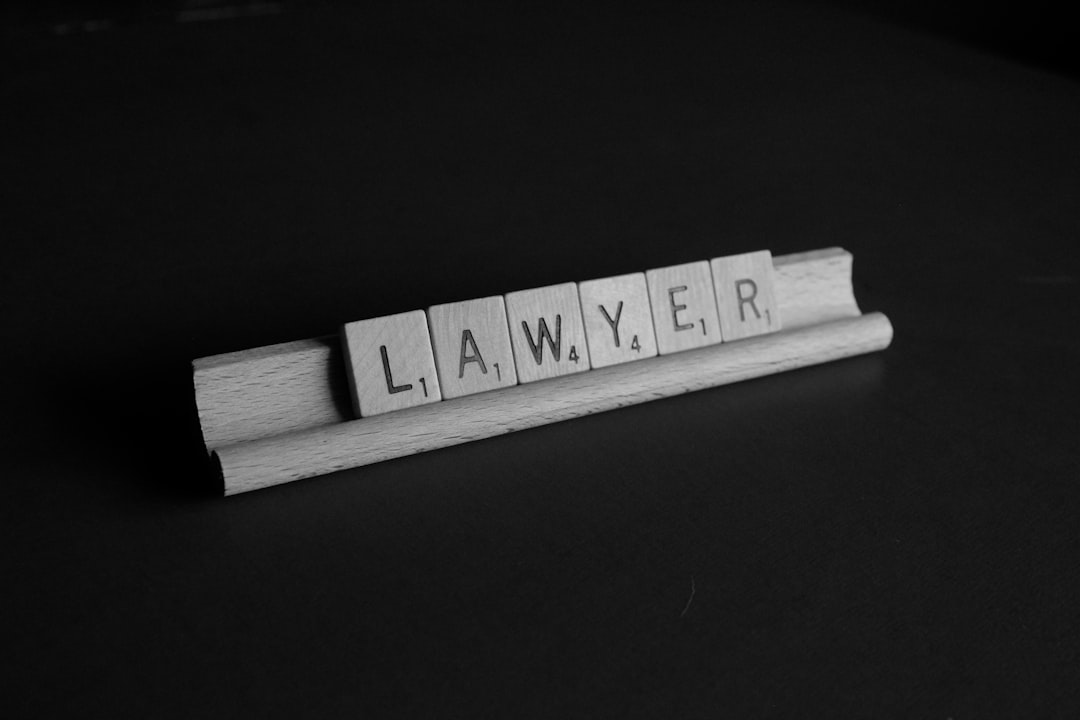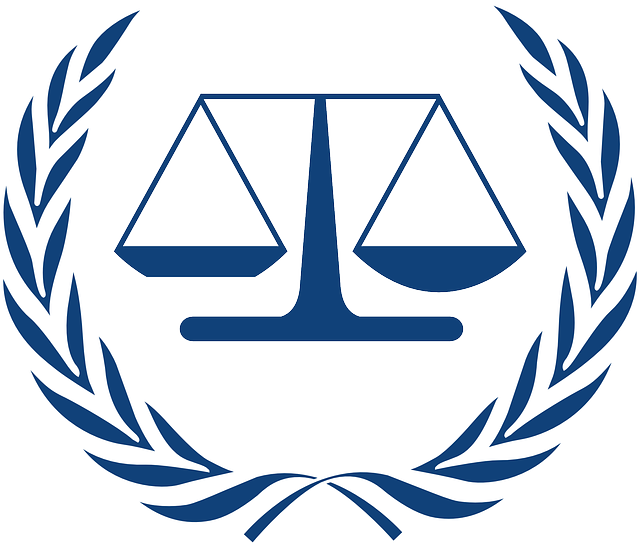Massage abuse in Portland, Oregon, requires therapists to prioritize safety through recognizing manipulation, clear consent boundaries, and self-care. Adhering to state laws, as outlined by ORS, and consulting a massage abuse law firm is crucial. Safety measures include client screening, consent protocols, and crisis intervention training. Assertive communication, boundary setting, and meticulous documentation are essential for handling difficult clients and potential complaints, with support from legal experts like a massage abuse law firm in Portland, OR.
In Portland, Oregon, therapists navigating challenging client interactions must be prepared for potential massage abuse. Understanding the dynamics of such behavior is crucial, as it enables professionals to establish robust safety protocols. This article guides therapists through this complex landscape by exploring legal frameworks, including massage abuse laws in Portland OR, and offering practical strategies. From recognizing red flags to effective communication, these measures ensure the well-being of both clients and practitioners, fostering a secure therapeutic environment.
Key topics covered: Understanding Massage Abuse Dynamics, Legal Framework (massage abuse law firm Portland OR), Establishing Safety Protocols, and Responding to Difficult Clients.
Understanding Massage Abuse Dynamics
Massage abuse, a serious concern within the therapy industry, often involves clients manipulating therapists for personal gain or control. Recognizing and understanding these dynamics is crucial for Portland therapists to maintain professional boundaries and protect themselves from potential harm. This behavior can range from verbal coercion to physical assault, with abusers exploiting the trust and vulnerability inherent in therapeutic settings.
A massage abuse law firm in Portland OR highlights that therapists must be vigilant about recognizing warning signs, such as excessive requests for personal contact or attention, attempts at manipulating sessions for their benefit, or sudden changes in behavior. Establishing clear consent boundaries from the onset and consistently reinforcing them is vital. Therapists should also prioritize self-care and have a support system in place to handle any traumatic experiences that may arise during sessions.
Legal Framework: Portland OR Massage Abuse Laws
In Portland, Oregon, therapists dealing with difficult clients must be aware of the legal framework surrounding massage abuse and client safety. The state has specific laws in place to protect individuals from unethical practices during therapeutic services. According to Oregon Revised Statutes (ORS), massage therapists are required to obtain a license to practice, ensuring they meet certain educational and skill standards. Furthermore, ORS Chapter 648 establishes rules for professional conduct, including provisions against sexual harassment, assault, and abuse of clients.
A massage abuse law firm in Portland OR can provide valuable guidance on these regulations, helping therapists understand their rights and responsibilities. Staying informed about these laws is crucial for maintaining a safe therapeutic environment and mitigating potential legal issues. Therapists should also implement robust safety protocols, such as thorough client screening, clear consent processes, and immediate termination procedures for any signs of abuse or inappropriate behavior.
Establishing Safety Protocols for Therapists
In Portland, Oregon, therapists must establish robust safety protocols to protect themselves and their clients from potential massage abuse. With the rise in reports of sexual misconduct within the wellness industry, therapists are encouraged to prioritize safety measures that prevent and mitigate risks. This includes clear consent procedures, well-defined boundaries, and knowledge of local laws, such as those enforced by a reputable Portland massage abuse law firm. Therapists should communicate these protocols openly with clients from the outset, ensuring mutual understanding and respect.
By implementing rigorous safety protocols, therapists can foster a secure environment that encourages open dialogue and emotional healing. Regular training on recognizing and responding to red flags, as well as crisis intervention techniques, are essential components of this process. Moreover, maintaining up-to-date information on local legal resources empowers therapists to handle sensitive situations effectively while adhering to the law, thereby ensuring both their safety and that of their clients.
Responding to Difficult Clients Effectively
Dealing with difficult clients can be challenging, especially in the therapeutic setting. When faced with a client who exhibits abusive behavior or massage therapy complaints, therapists in Portland, OR, must remain calm and professional. It’s crucial to establish clear boundaries and communicate them assertively from the outset. This may involve educating the client about appropriate conduct during sessions, outlining the consequences of violating these boundaries, and even consulting with a legal expert if necessary, especially when dealing with potential massage abuse cases.
Effective communication is key to diffusing tension. Therapists should actively listen to clients’ concerns, address them without judgment, and offer solutions or alternatives. Documenting interactions meticulously can serve as a safety protocol, providing a clear trail of communication and any red flags. This becomes especially relevant in the event of legal actions or disputes, such as those involving massage abuse law firms in Portland. By maintaining detailed records, therapists can protect themselves and ensure they have solid evidence to support their professional conduct.





